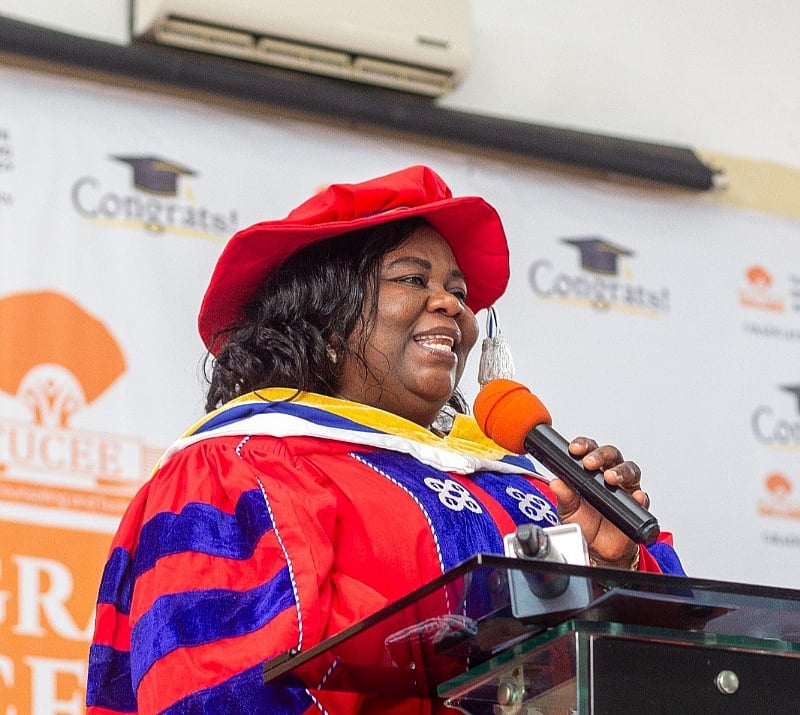In the context of Ghana’s upcoming elections, Dr. Cecelia Tutu-Danquah, a Licensed Counselling Psychologist and lecturer at the University of Ghana’s Department of Teacher Education, has highlighted the essential role of counselling in fostering peace and maintaining mental health. She emphasizes that the involvement of trained counsellors is crucial during the election period, as these professionals can help the public manage emotions, fears, and anxiety that may arise before, during, and after the declaration of election results. Dr. Tutu-Danquah advocates for a proactive approach where counsellors assist both winning and losing candidates, as well as their supporters, in adjusting their expectations and coping with the electoral outcomes.
During a graduation ceremony for the TUCEE Institute of Counselling and Technology (TICT) in Accra, Dr. Tutu-Danquah called for urgent efforts to train more counsellors throughout the nation. At this ceremony, 421 fellows received their certificates in various specializations, including Counseling, Marriage and Family Therapy, Child and Adolescent Counselling, Cyber Trauma Counselling, and Corporate Mental Health Counselling. TICT has made significant strides in providing accessible counselling services by integrating technology into its training programs, ensuring that individuals can receive help regardless of their location and specific needs for privacy.
The importance of counselling extends beyond elections and into settings such as prisons, where the officer in charge of Nsawam Camp Prison, Deputy Director of Prisons Joseph Anusieuto Vuu, spoke on the impact of well-trained prison officers in inmate rehabilitation. Effective counseling plays a pivotal role in transforming inmates’ attitudes, aiming to reintegrate them as positive members of society upon their release. He commended institutions like TICT for producing skilled counselors, urging the graduates to apply their education selflessly for the benefit of others, thereby reaffirming the notion that education holds value primarily when it is utilized in service.
The graduation event was themed “Mental Wellness and Peace Building Amidst Election 2024,” reflecting the critical intersection of mental health and societal peace during a time of heightened emotional turmoil. The guest speaker, Prof. Joana Salifu Yendork, a respected clinical psychologist, encouraged graduates to bring their skills to local communities, particularly targeting youth, women, and marginalized groups. Prof. Yendork articulated a powerful message regarding the election, emphasizing that the role of counsellors is vital in nurturing unity and stability, reminding them that their expertise is critical in facilitating constructive dialogue in the community.
Prof. Yendork further asserted that counsellors could play a significant role in addressing election-related stress and countering misinformation through psychoeducational initiatives. She urged the graduates to take an active role in mental wellness initiatives—organizing workshops and open forums focused on equipping individuals to manage anxiety and engage in evidence-based discussions. In her view, when individuals feel heard and understood, they become less inclined to behave aggressively or engage in conflicts, thereby contributing to a more peaceful electoral process and a harmonious society.
Ultimately, both Dr. Tutu-Danquah and Prof. Yendork underscore the pressing need for trained counsel to guide citizens through not only the complexities of elections but also the everyday challenges they face. The role of counselling is crucial in creating an environment of emotional safety, especially during critical national events. Their insights reveal a broader understanding of the indispensable work counsellors do in promoting mental wellness and social cohesion, ultimately reinforcing that the call for more trained professionals in the field is not only about advancing the counselling profession, but also about building a healthier, more resilient society as Ghana navigates its future.


